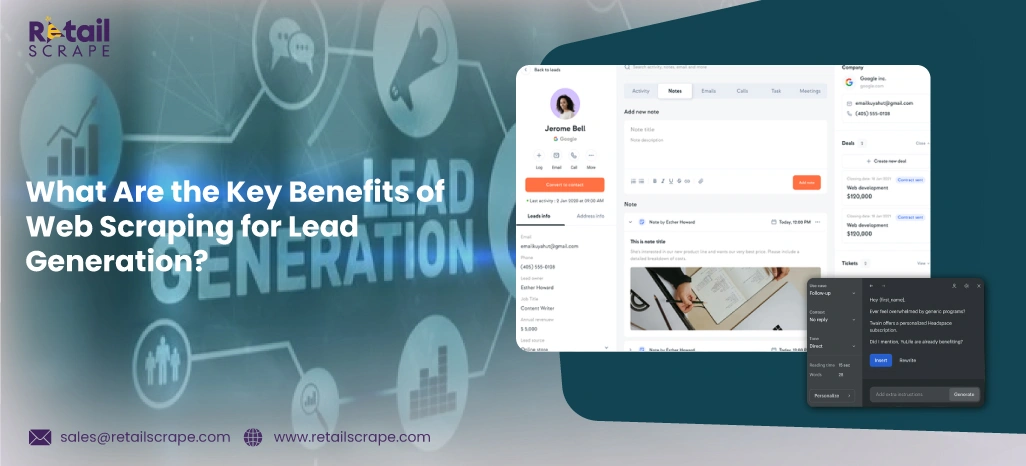
In today's hyper-competitive business landscape, Web Scraping for Lead Generation is the backbone of customer acquisition strategies. Companies must constantly identify and engage potential customers to stay ahead of the curve. While traditional methods like cold calling and email marketing still hold value, technology has introduced more efficient ways to gather leads. One such powerful method is Web Scraping for Lead Generation.
Lead Generation Scraping involves the automated extraction of data from websites. This technique has become a game-changer for lead generation, enabling businesses to collect valuable insights and contact information at scale. When done ethically and strategically, Web Scraping for Lead Generation can significantly streamline it, helping organizations reach the right audience with precision. Additionally, businesses can use techniques like Scraping Competitor Reviews to gain insights into market trends and customer preferences, further refining their lead-generation strategies.
The Importance of Web Scraping in Lead Generation
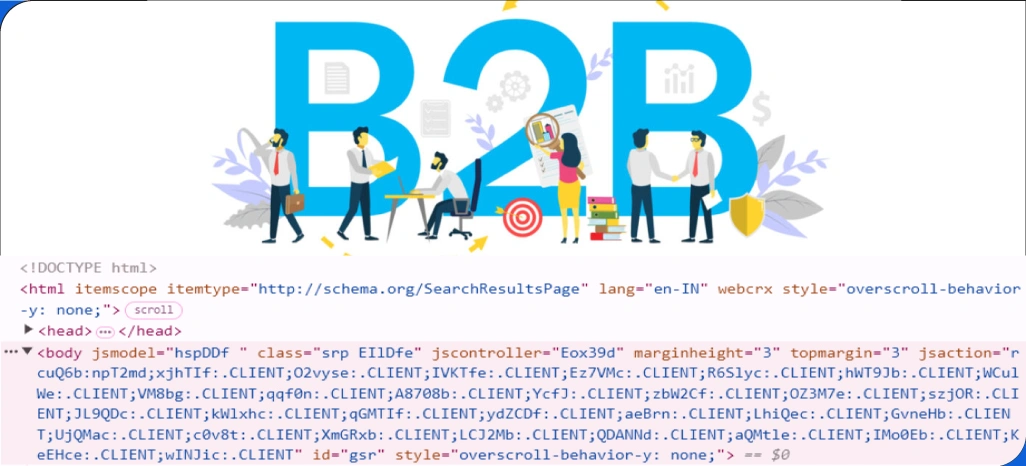
Web scraping is vital for modern Lead Generation Web Scraping because of the sheer volume of online data. With millions of websites and platforms offering valuable customer data, manually gathering and analyzing information could be more efficient and efficient. Web scraping automates this process, extracting structured data that can be directly integrated into customer relationship management (CRM) systems or marketing campaigns.
1. Accessibility to Public Data: Websites like business directories, job boards, and social media platforms host publicly accessible data. For instance, a company looking for B2B leads can use Web Scraping Tools for B2B Lead Generation to scrape directories like LinkedIn or AngelList, identifying potential clients based on industry, job titles, and locations. Similarly, businesses targeting consumers can leverage data from e-commerce sites or forums to understand preferences and buying patterns using a Web Scraping API to simplify integration and real-time data access.
2. Scalability and Efficiency: Unlike manual data collection, web scraping offers scalability. Whether you need to gather thousands or millions of records, Lead Scraping Software ensures the workload is handled efficiently without additional resources. This approach allows businesses to adapt quickly to market changes and act on opportunities as they arise, making it a vital tool for dynamic industries.
3. Competitive Advantage: Web scraping helps gather leads and provides insights into competitor strategies. Businesses can identify gaps in their offerings by analyzing data from competitors' websites, refining pricing strategies, or tailoring their messaging to resonate better with the target audience. Tools designed for Lead Generation Web Scraping enable tracking customer reviews, monitoring product trends, and staying ahead of competition-driven innovations.
Applications of Web Scraping in Lead Generation
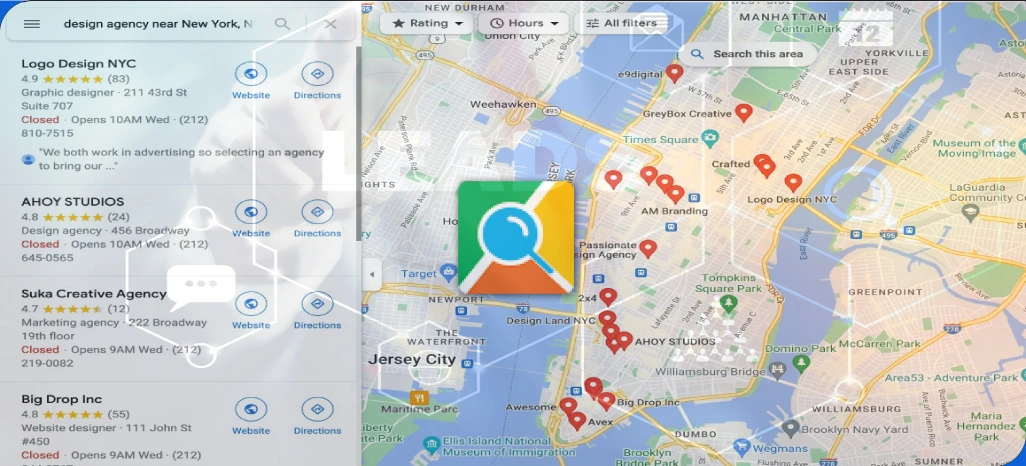
Web scraping's versatility allows businesses to apply it across multiple domains to enhance their lead-generation efforts. By leveraging tools like a Business Lead Scraper, companies can streamline their efforts to gather actionable data, driving more targeted and effective outreach.
1. Gathering Contact Information
The most direct use of web scraping is collecting contact details of potential customers. Businesses can scrape email addresses, phone numbers, and social media handles from directories or corporate websites. This information forms the foundation of outreach campaigns, enabling companies to connect with prospects through personalized communication. For instance, using a Leads Extractor Google Maps Scraper, businesses can collect contact details of local enterprises and professionals listed on Google Maps, significantly improving their campaigns' efficiency.
2. Identifying Market Opportunities
Web scraping can uncover emerging market trends and customer preferences by analyzing data from forums, reviews, and social media platforms. For example, a tech business can scrape reviews of competing products to identify pain points that its offerings can address. This form of Business Lead Generation Web Scraping allows organizations to tailor their products and services based on real-time consumer feedback, giving them an edge in competitive markets.
3. Monitoring Online Behavior
Tracking customer behavior online is crucial for lead generation. Web scraping can collect data on what users search for, their browsing habits, or their engagement with specific types of content. This behavioral data helps businesses create targeted marketing campaigns, increasing the likelihood of converting leads into customers. With such actionable insights, getting Leads for your Business and effectively addressing their needs through customized solutions becomes more accessible.
4. Enhancing Local Lead Generation
For businesses operating in specific geographic locations, web scraping can be used to gather data on local leads. For example, a restaurant supplier might scrape data from regional food delivery platforms to identify popular eateries in a city. Similarly, a service provider can scrape local business listings to build a geographically targeted prospect list. Using tools like a Business Lead Scraper ensures precision, making focusing on specific demographics within the desired region easier.
5. Industry-Specific Applications
- Real Estate: Scraping property listings and agent profiles to connect with buyers or sellers.
- Healthcare: Collecting information about clinics or patients seeking specific treatments.
- Education: Extracting details of students or educators interested in specific courses.
Benefits of Web Scraping for Lead Generation
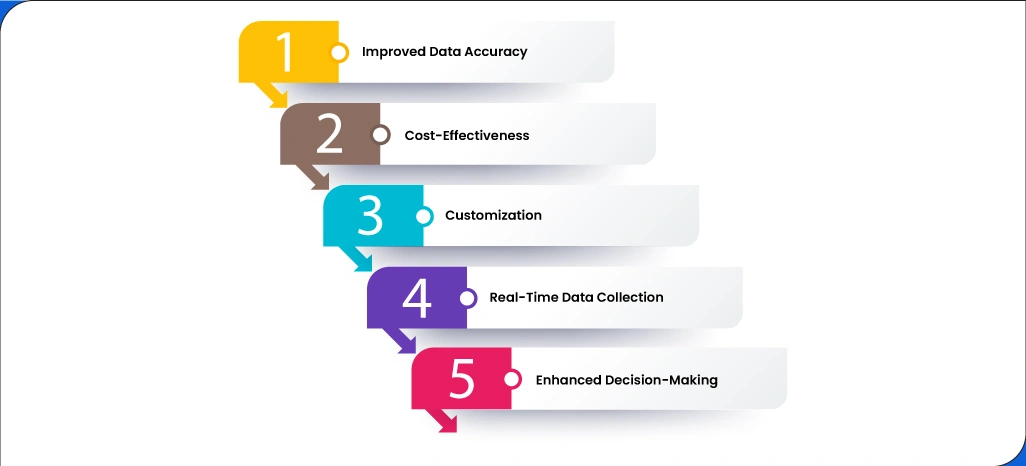
Web scraping revolutionizes lead generation by automating data collection. It provides businesses with valuable insights from websites, directories, and social platforms. It enhances efficiency, scalability, and precision, empowering organizations to effortlessly identify prospects, track competitors, and create targeted outreach campaigns.
1. Improved Data Accuracy: Web scraping tools can be programmed to extract structured data, reducing errors and inconsistencies associated with manual data entry. Clean and accurate data ensures sales and marketing teams can focus on high-quality leads.
2. Cost-Effectiveness: While traditional lead generation methods like paid advertising require significant budgets, web scraping is comparatively cost-effective. Once the scraping infrastructure is set up, businesses can gather vast amounts of data with minimal ongoing expenses.
3. Customization: Web scraping allows for customization based on specific business needs. Scrapers can be tailored to extract only the most relevant data, such as leads from a particular industry or region. This level of precision helps narrow down the target audience.
4. Real-Time Data Collection: In fast-paced industries, outdated data can be a liability. Web scraping enables businesses to collect and update lead data in real time, ensuring that outreach efforts are based on the latest information.
5. Enhanced Decision-Making: Data collected through web scraping can be analyzed to uncover patterns, preferences, and trends. These insights empower businesses to make data-driven decisions, improving the overall efficiency of their lead-generation strategies.
Challenges and Ethical Considerations
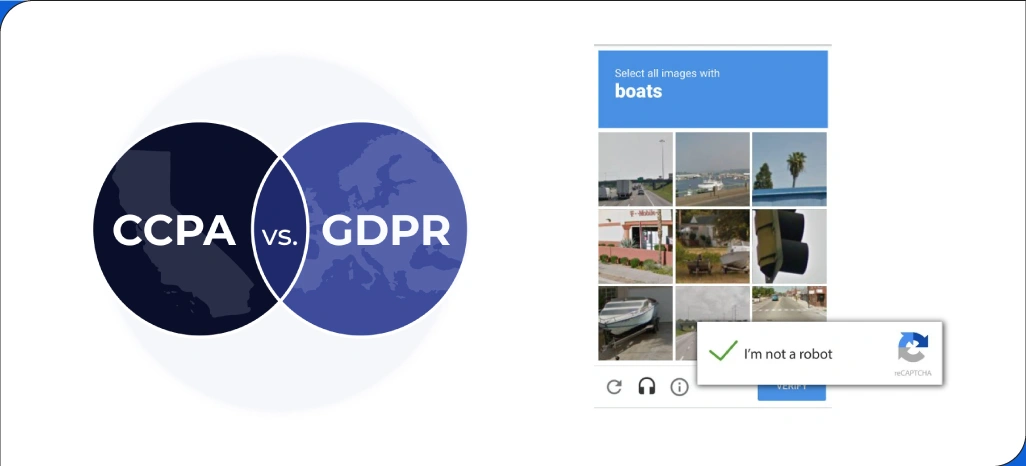
While web scraping offers immense potential, businesses must navigate challenges and ethical concerns to ensure sustainable practices.
1. Legal Implications
Not all data available on websites can be legally scraped. Many websites have terms of service that explicitly prohibit scraping. Depending on the region, businesses must ensure compliance with data privacy laws such as GDPR, CCPA, and others. Seeking legal advice before scraping sensitive data is crucial.
2. Website Blocking
Websites often deploy anti-scraping measures such as CAPTCHA or IP blocking. To overcome these challenges, businesses can use proxy servers, rotate IPs, or implement delay mechanisms in their scraping tools. However, it's important to avoid aggressive scraping that may harm website servers.
3. Data Quality Issues
While web scraping automates data collection, ensuring data quality remains a challenge. Scraped data may contain duplicates, outdated information, or inaccuracies. Businesses must implement robust data cleaning and validation processes.
4. Reputation Risks
Unethical scraping practices can damage a company's reputation. For example, scraping data without user consent or breaching website policies can result in legal action and tarnish a brand's image. Adopting ethical practices is non-negotiable.
Best Practices for Effective Web Scraping in Lead Generation
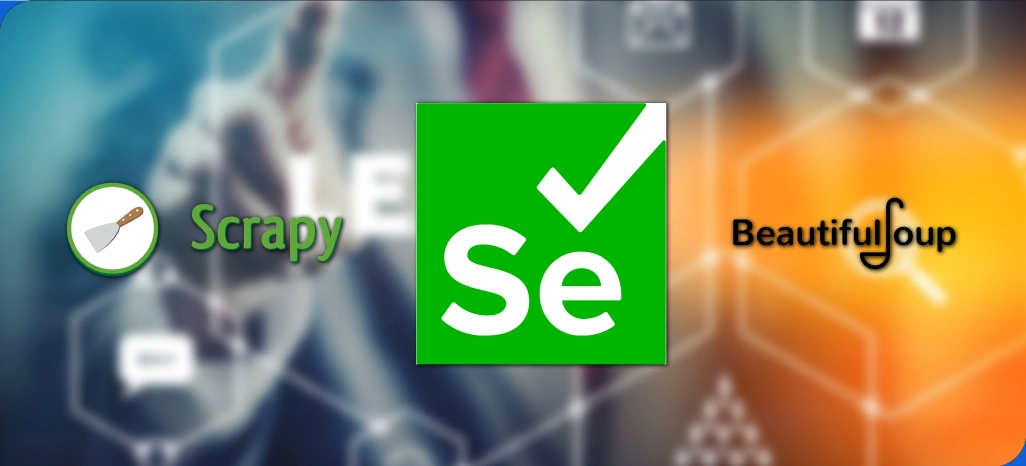
To maximize the potential of web scraping for lead generation, businesses should follow best practices that ensure efficiency, compliance, and data integrity.
1. Define Clear Objectives
Before initiating web scraping, define your lead-generation efforts' specific goals and metrics. This ensures that the data collected aligns with your business objectives.
2. Use Reliable Tools and Technologies
Invest in robust web scraping tools or services that offer advanced features like data filtering, scheduling, and API integration. Popular tools include Beautiful Soup, Scrapy, and Selenium.
3. Regularly Update Data
Lead data can become obsolete quickly. Implement automated updates to refresh your database and maintain its relevance.
4. Respect Website Policies
Ensure that your scraping activities comply with website terms and conditions. Seek permission when necessary and avoid scraping sensitive or copyrighted information.
5. Monitor and Optimize
Continuously monitor the performance of your scraping tools and refine them to adapt to changes in website structures or anti-scraping measures.
The Future of Web Scraping for Lead Generation

As technology continues to evolve, the potential for web scraping in lead generation will only grow. Artificial intelligence (AI) and machine learning (ML) are already being integrated into scraping tools, enabling more brilliant data extraction and analysis. For instance, AI can identify patterns in scraped data, providing actionable insights for hyper-personalized marketing campaigns.
Moreover, as businesses increasingly adopt customer-centric approaches, real-time data will become a cornerstone of lead-generation strategies. With its ability to deliver up-to-the-minute insights, web scraping will remain an indispensable tool in the marketer's arsenal.
In conclusion, web scraping offers a transformative approach to lead generation, combining automation, precision, and scalability. By leveraging this technology responsibly and strategically, businesses can unlock new opportunities, drive customer engagement, and achieve sustained growth in an increasingly digital world.
Transform your retail operations with Retail Scrape Company's data-driven solutions. Harness real-time data scraping to understand consumer behavior, fine-tune pricing strategies, and outpace competitors. Our services offer comprehensive pricing optimization and strategic decision support. Elevate your business today and unlock maximum profitability. Reach out to us now to revolutionize your retail operations!
